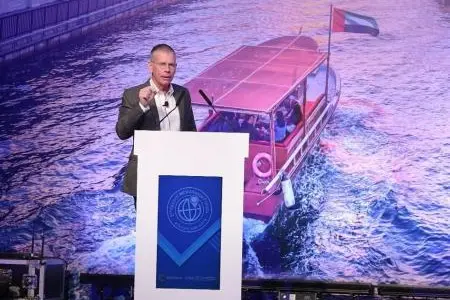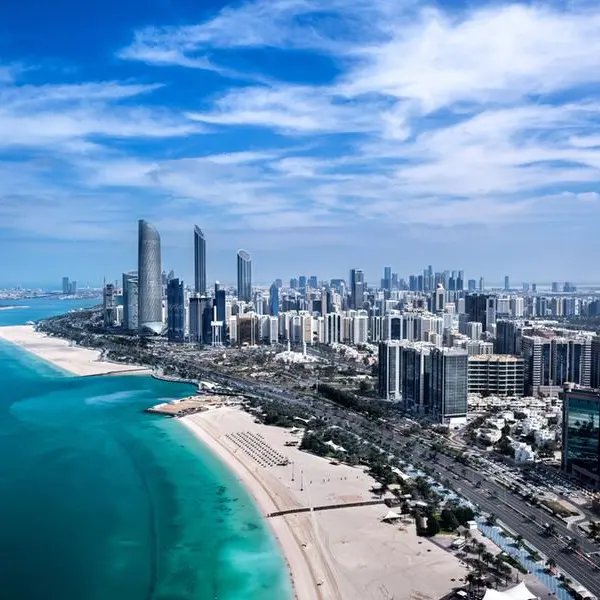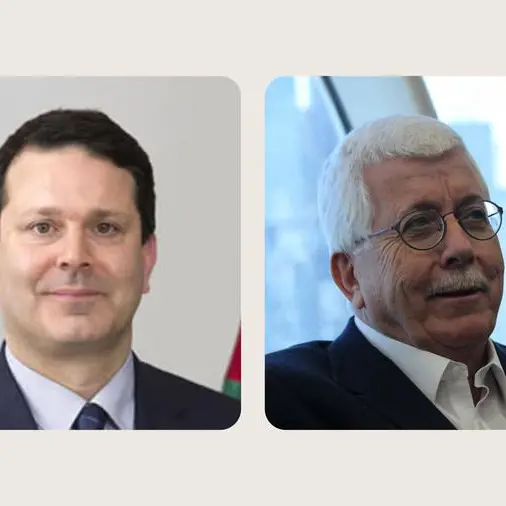PHOTO
Sharjah
A panel of five globally recognised healthcare and welfare experts have been telling hundreds of delegates at the second Global Non-communicable Disease (NCD) Alliance Forum in Sharjah that there is a vital need to share resources, information and understanding across all sectors in order to achieve the best results for the 2030 Sustainable Development Agenda.
Speaking at the event, being held at the Al Jawaher Reception and Convention Centre in Sharjah from 9-12 December, Dr. Anders Nordström, Ambassador for Global Health, UN Policy Department, Ministry for Foreign Affairs in Sweden, told the delegates that increasing life expectancy was not enough of an achievement and that people needed to stay healthy in their later years.
“People still associate health with the health sector and health services but we need to move beyond that and there is a great opportunity to address that for Agenda 2030 and NCDs. First we have to change our mindsets and then our actions, taking into account sectors as varied as agriculture, the environment, foods and so on. The three main pillars of the environment, the economy and society are all interlinked, but health is the key outcome. We all agree that people need to thrive, not just survive.
“We need global agreement on disease, treatment and prevention and should use the 2030 agenda as a roadmap, not just for NCDs but for health in general.”
In the session, ‘Breaking down Silos, Building Synergies: Accelerating NCDs in the 2030 Sustainable Development Agenda’, Professor Corinna Hawkes, Director, Centre for Food Policy at City, University of London in the United Kingdom, advocated the need for multisectoral involvement, saying: “We need to see what other people are doing so that we can contribute to their agendas as well as them contributing to ours, for instance climate change, healthier foods and farming.
“A perfect example is providing deprived children with sufficient food, which in turn means that they are more likely to go to school. But then on our agenda, we need to look at the nutritional value and ensure that not only are they being fed, but that they are getting healthy food. This is how a single, shared platform can benefit two agendas.”
Also on the panel, Ms. Ariella Rojhani, Director of Partnership for Healthy Cities, Vital Strategies, in the United States, has made hands-on inroads for many cities: “We are in a sprint, not a marathon and have brought 54 cities into our partnership by literally getting mayors to sign up for the agreement. We can’t wait for global initiatives to trickle down that’s just not the case, and sometimes you need to go in and do the work and become agenda-setters.
“It’s putting cities up front and getting them to implement their own goals – our method is innovative, but we are really promoting public health and supporting public projects.”
Professor Mark Hanson, UK Chair of the Working Group on Adolescent, Pre-conception and Maternal Nutrition from the University of Southampton in the United Kingdom, commented: “We see more and more incidence of ill-health in embryos, foetuses and young children that are cross-generational without being hereditary. It is possible to stop NCDs before they start by making parents healthy and connecting with patients and governments to address all forms of NCDs from child obesity to maternal mental health problems.
“The advantage we have now is that young people care about their health and the health of their children to come – health is the new ‘cool’.”
Having held the highly successful inaugural edition and influenced global agendas on NCDs in 2015, this year Sharjah-based Friends of Cancer Patients (FoCP) has welcomed more than 350 delegates and 80 expert speakers including scientists, medical pioneers, support groups, NGOs and civil societies from 68 countries across five continents such as Kenya, Mexico, the United States, the United Kingdom, Switzerland, Brazil, Jordon, India, Zanzibar and many others.
The forum, which the NCD Alliance has chosen to hold in Sharjah for its first two editions, is held under the patronage of Her Highness Sheikha Jawaher bint Mohammed Al Qasimi, wife of His Highness the Ruler of Sharjah, Patron of the Global NCD Alliance, Founder and Patron of FoCP and International Ambassador for the World Cancer Declaration of the Union for International Cancer Control, International Ambassador for Childhood Cancer.
On the third and final day, an invitation only breakfast takes place from 7 – 8.30am, with doors opening for the plenary session ‘Growing the Movement: Equipping Civil Society to Fulfil its Roles in the NCD Response’ at 9am.
At 11am, workshops include ‘Through the Magnifying Glass: Leveraging Accountability Efforts in NCDs’, ‘Using Research to Advance Evidence-based Advocacy and Policymaking’, ‘Promoting the Best Buys for NCDs: Making the Case’, ‘For the Long Haul: Ensuring the Sustainability of NCD Alliances’ and ‘Promoting a Multisectoral Approach to NCDs through Workplace Wellness’.
A final session, ‘National and Regional Advocacy to Maximise the UN 2018 HLM on NCDs’ takes place from 2.15pm – 3.15pm, followed by the closing ceremony of the second Global NCD Alliance Forum which will take place between 3.30pm and 4.15pm.
-Ends-
For any additional information on the release, and for any exclusive interviews for your upcoming features or focus stories related to the topic of the release, please don’t hesitate to contact us:
Rashed Daouk
National Network Communications (NNC)
Mob: +971502220508
Maha Abou Rich
National Network Communications
00971502220503











